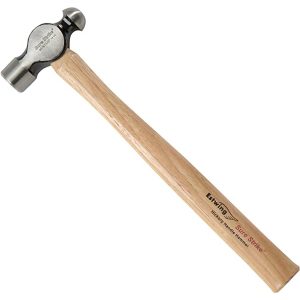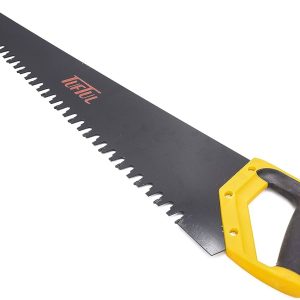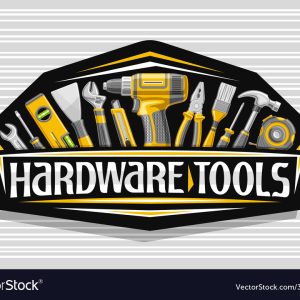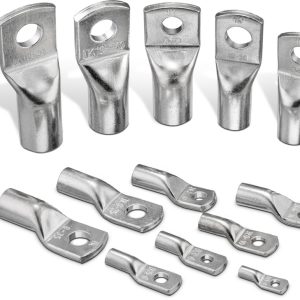An imported hardware business specializes in the sale, distribution, and sometimes manufacturing of various hardware products that are imported from different regions or countries. This business typically deals in a wide range of tools, equipment, and mechanical devices used across various industries and applications. Here is a broad description of an imported hardware business:
- Product Range: An imported hardware business offers an extensive inventory of hardware products, including hand tools (e.g., wrenches, hammers), power tools (e.g., drills, saws), fasteners (e.g., screws, bolts), construction materials, machinery, safety equipment, and industrial supplies.
- Sourcing and Importing: The core of the business involves sourcing hardware products from international suppliers or manufacturers. This may require establishing relationships with overseas partners and complying with import regulations.
- Quality Assurance: Ensuring product quality and safety is a top priority. Importers often conduct quality control inspections and adhere to international standards to provide reliable and durable hardware to customers.
- Distribution Channels: Imported hardware products are typically distributed through various channels, including wholesale to retailers, construction companies, manufacturers, and direct sales to consumers through physical stores and online platforms.
- Inventory Management: Efficient inventory management is crucial to maintaining a diverse and well-stocked range of hardware products, meeting customer demand, and minimizing overstock or shortages.
- Customer Education: Providing customers with information, training, and support related to the proper use and maintenance of hardware products is essential for safety and satisfaction.
- Customization: Some imported hardware businesses may offer customization options or tailor products to meet specific customer requirements, especially in the industrial and construction sectors.
- After-Sales Services: Offering after-sales services, including product warranties, repairs, and replacements, can enhance customer loyalty and satisfaction.
- Compliance and Regulations: Businesses must adhere to local and international regulations governing the importation, sale, and safety standards of hardware products.
- Market Trends: Staying informed about industry trends, emerging technologies, and customer preferences is crucial for remaining competitive and innovative.
- Sustainability: Addressing environmental concerns by adopting eco-friendly practices, such as offering green hardware alternatives and recycling programs, can be advantageous.
- Global Sourcing: Exploring global sourcing opportunities and diversifying the supplier base can help mitigate risks associated with supply chain disruptions and price fluctuations.
In summary, an imported hardware business plays a vital role in supplying a wide array of hardware products to industries, construction projects, and consumers. It requires a robust supply chain, a focus on product quality, regulatory compliance, and a keen understanding of customer needs to thrive in a competitive market.









Reviews
There are no reviews yet.